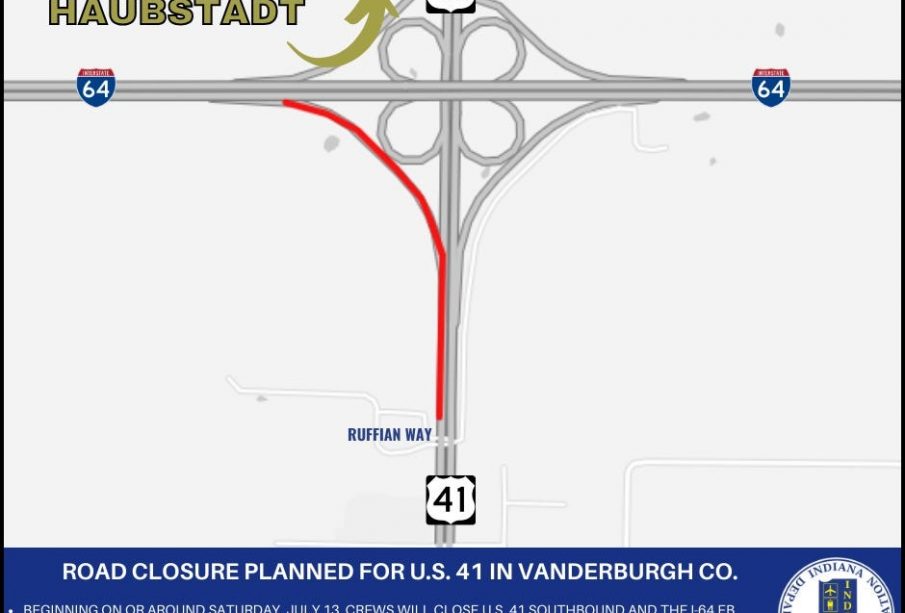The Growing Issue of Road Closures: Impacts and Considerations

Introduction to Road Closures
Road closures have increasingly become a common feature in urban environments, affecting daily commutes and the flow of traffic. Understanding the various causes and effects of road closures is crucial for both city planners and residents. Whether due to construction, accidents, or emergency situations, road closures significantly impact local economies, traffic patterns, and safety.
Recent Events Influencing Road Closures
In recent months, cities across Canada have experienced numerous road closures. For instance, Toronto has seen major parts of its downtown area closed due to extensive construction projects. The Gardiner Expressway has undergone renovations, and various lanes are intermittently shut down to accommodate these upgrades. These closures aim to improve infrastructure but have, in turn, caused frustration among commuters facing increased traffic congestion.
Similarly, in Vancouver, heavy rainfall has led to landslides, prompting emergency road closures to ensure the safety of drivers and pedestrians. Local authorities in British Columbia have had to respond swiftly to restore access while also assessing the need for long-term protective measures against climate-related issues.
Traffic Management and Public Safety
Managing road closures effectively is essential for maintaining public safety and minimizing inconvenience. This often involves providing timely information to the public, enhancing alternative route signage, and coordinating with emergency services. In many urban areas, city officials are turning to technology to disseminate information more effectively. For instance, some municipalities are employing mobile apps and updated social media feeds to alert residents in real-time about closures, helping them reroute efficiently.
Conclusion: The Future of Urban Planning
The significance of addressing road closures cannot be overstated; they play a pivotal role in shaping urban planning and development. As cities continue to grow and infrastructure ages, proactive measures need to be taken to manage these closures while minimizing disruptions. Forecasts suggest that with the rise of smart city technologies, future road closures may be handled more efficiently, leading to improved traffic management and enhanced public safety. Understanding the dynamics of road closures will remain crucial for residents and officials alike, ensuring that urban areas remain navigable and safe for everyone.








